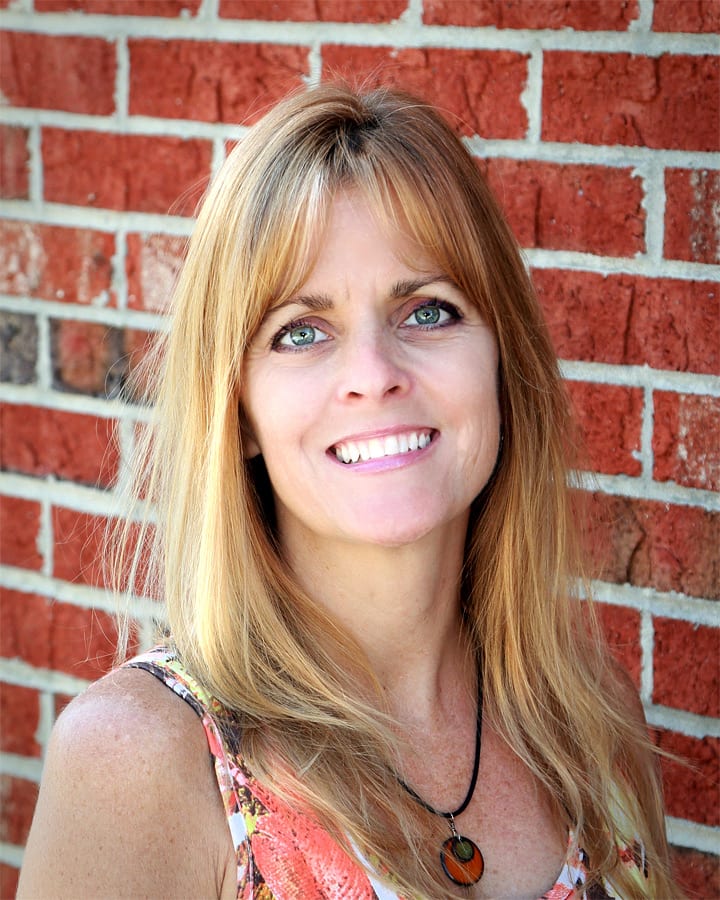
919.772.1990
Browse Blog
Listen In
919.772.1990
Browse Blog
Listen In
Quick Links
Services
Medication Management
One80 Locations

By Julie DeFalco, LCSW and Clinical Director of Child & Adolescent Services
Recent research has shown that trauma can be passed down in families through genetics and environment. Here, we will focus on the environmental component. Parents often carry pain from their past and unwittingly pass it on to the next generation. Through self-understanding and -compassion, parents can begin to heal themselves and then focus on making environmental changes to diminish the continued impact of trauma on the family. Therapy can be very helpful with this challenging process as parents begin to unravel the messages they carry from their own childhood.
Children internalize direct and indirect messages from the environment. Direct messages are usually communicated verbally and can include things like, “Don’t be a sissy,” or “Family matters stay private.” Indirect messages are communicated in various ways, including body language, tone of voice and behavior. Indirect messages can be expressed through family rules and expectations. Sometimes, parents have developed reactionary responses to certain triggers based on their trauma history, and unfortunately, they may be triggered by some of their kids’ behaviors. These reactions can lead children to internalize harmful messages, such as, “I can’t do anything right,” or “I can’t trust anyone.”
Often, parents are unaware of how their childhood experiences are still affecting them and thus their children. Parents carry the pain from their past and need healing. With healing, parents can begin to let go of harmful beliefs and stop imparting them to their children.
Parents can develop insight through self-reflection and mindfulness. With increased insight, it becomes evident how their trauma is being passed down to their children. This awareness can initially be distressing and is often the most difficult part of the journey, but it opens the way for hopefulness as parents realize change is possible. For them to do this, they need empathy and reassurance that they are not bad parents. In fact, owning the pain and hurt they’re passing on and making positive changes means they are learning and growing as humans and as parents.
Where to start? Seek support and resources, whether that be through individual therapy or self-help. A therapist can be an invaluable support to a parent on this journey. I often recommend the book and workbook, Peaceful Parent, Happy Kids by Laura Markham. I’ve completed this workbook myself and found it to be extremely beneficial. Wherever you start, please know it’s never too late to make positive changes for yourself and your kids.

Julie DeFalco
I truly believe clients have the answers within themselves and can discover their best path with the help of a therapist who offers acceptance, empathy and insight. I strive to help clients develop the best version of themselves according to their own definition. I have a client-centered approach, so therapy is tailored to each person’s individual needs and preferences.
Trauma in Children and Adolescents By Julie DeFalco, LCSW and Clinical Director of Child & Adolescent ServicesOne may ask, how can multiple children be in the same situation, even the same...